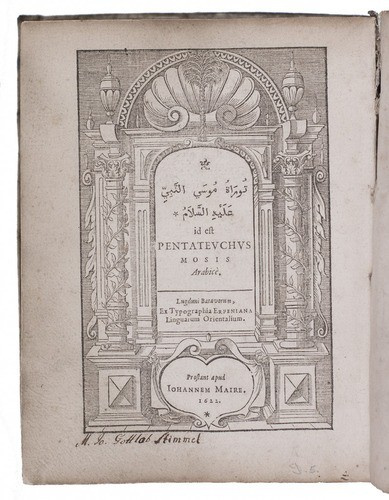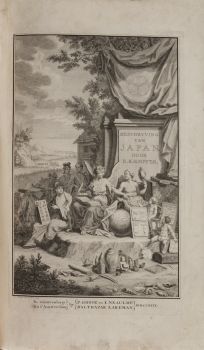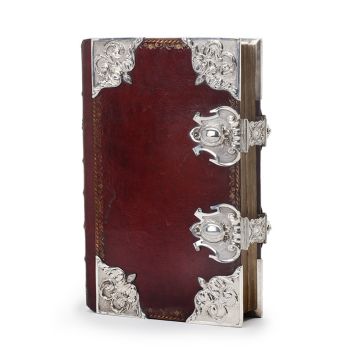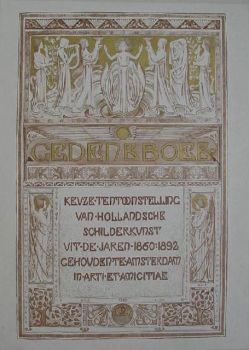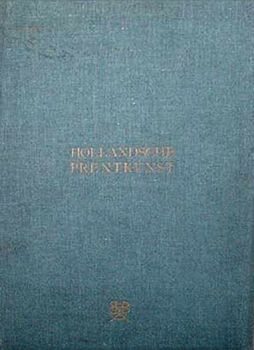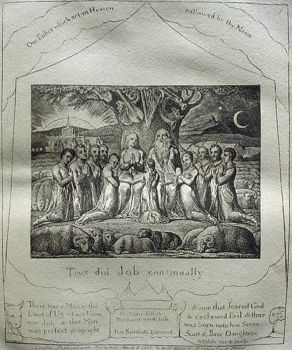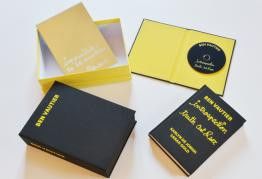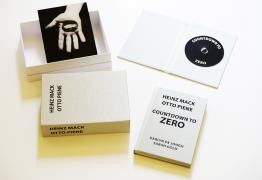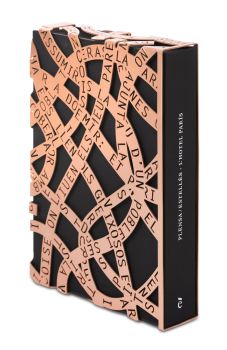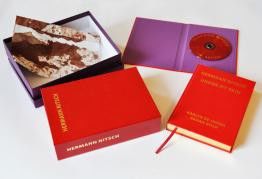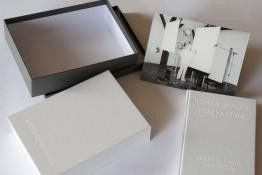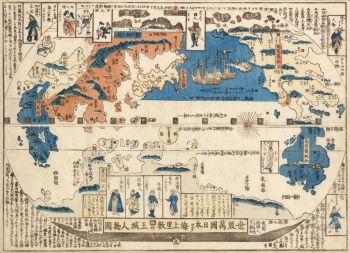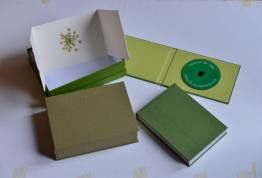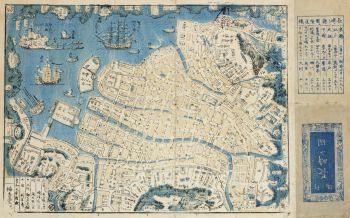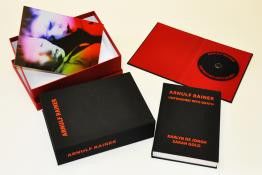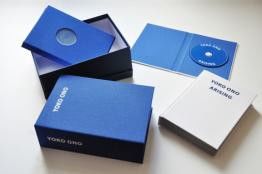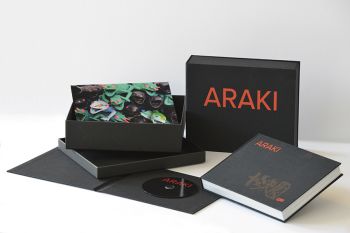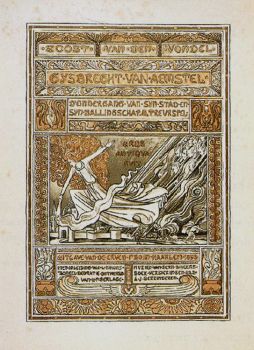First edition of the Pentateuch in Arabic 1622
Thomas van Erpe (Erpenius)
Actualmente no disponible a través de Gallerease
- Sobre la obra de arteTurat Musa al-Nabi alayhi al-salam id est Pentateuchus Mosis Arabicè.
Leiden, Thomas Erpenius for Johannes Maire, 1622.
4to.
With the title in a woodcut architectural frame. Contemporary vellum.
"First printing of the Pentateuch in Arabic characters" (Smitskamp). Edited by Thomas Erpenius and printed with his influential nashk Arabic types, cut under his direction by Arent Corsz. Hogenacker in Leiden. It gives the text of a 13th-century translation of the Pentateuch in the Maghreb dialect (spoken in Mauritania). Erpenius was one of the most distinguished orientalists and by far the best Arabist of his day. He published an influential Arabic grammar and several excellent critical editions. His own private printing office, equipped with Hebrew, Arabic, Syriac, Ethiopic and Turkish type, produced its first works as early as 1615.
With bookplate, owner's inscription and library stamp of Verplanck Colvin (1847-1920). Occasional spots, some leaves with a minor waterstain in the upper or lower margin, nor affecting the text. A good copy, with generous margins. Binding slightly soiled and with a restoration to the front inner hinge, but otherwise good.
Breugelmans 1622-2; Darlow & Moule 1645; Smitskamp, Philologia orientalis 86. - Sobre el artistaThomas van Erpe / Thomas Erpenius (1584, Gorinchem - 1624, Leiden), también conocido como Thomas van den Erpe, fue un famoso orientalista holandés. Después de estudiar lenguas orientales - Scaliger le aconsejó que lo hiciera - y teología en Leiden, viajó por Europa. Durante su estancia en París, se hizo amigo de Casaubon, un célebre erudito y filólogo clásico. En París también tomó lecciones de árabe y en Venecia estudió turco, persa y etíope. Erpenius fue nombrado profesor de árabe y otras lenguas orientales en la Universidad de Leiden en 1613. Allí instaló una imprenta para el árabe y otras lenguas orientales. Imprimió su primera edición de las fábulas de Luqman como su primera publicación de prueba (sin puntos vocales para los tipos árabes). Las anotaciones que hizo para su propia copia se incorporaron en la segunda edición (con puntos vocales) de 1636. Las fábulas de animales de Lukman eran una parte importante de la cultura árabe preislámica y siguen siendo populares hoy en día. La biblioteca de Erpenius fue transferida a la Biblioteca de la Universidad de Cambridge en 1632. Produjo muchas obras, entre otras gramáticas de varios idiomas orientales: árabe, hebreo, caldeo, sirio.
Artwork details
Categoría
Related artworks
Engelbert Kaempfer
LIBRO DE ENGELBERT KAEMPFER1651 - 1716
Precio a consultarZebregs & Röell - Fine Art - Antiques
Tilmanus Nicolaus Maastricht
Missale Romanum con monturas de plata holandesas1788 - 1792
Precio a consultarJacob J. Roosjen SRI
Antonie Derkinderen
Memory book Exhibition of Dutch Painting1892
Precio a consultarKunsthandel Pygmalion
Tilmanus Nicolaus Maastricht
Missale Romanum con monturas de plata holandesas1788 - 1792
Precio a consultarJacob J. Roosjen SRI
Hermann Nitsch
"UNDER MY SKIN" Signed book incl. small artwork and DVD in a matching box2010 - 2014
Precio a consultarGallerease Selected
Yoko Ono
YOKO ONO: "ARISING" SIGNED BOOK PLUS SMALL ARTWORK 2010 - 2014
Precio a consultarGallerease Selected
Engelbert Kaempfer
LIBRO DE ENGELBERT KAEMPFER1651 - 1716
Precio a consultarZebregs & Röell - Fine Art - Antiques
1 - 4 / 22

